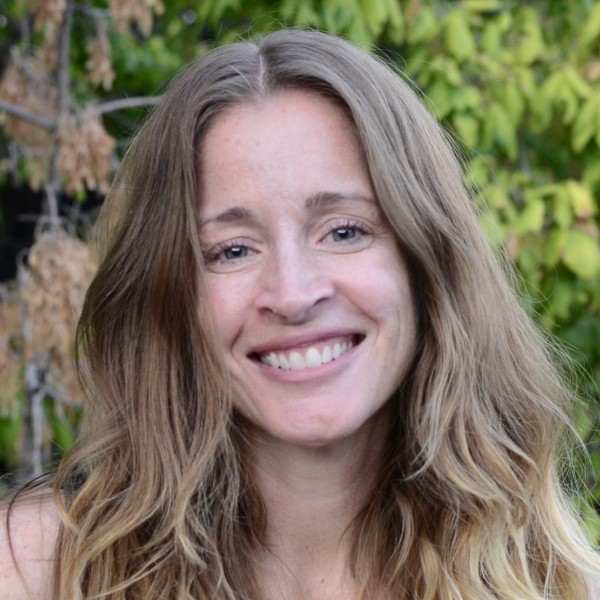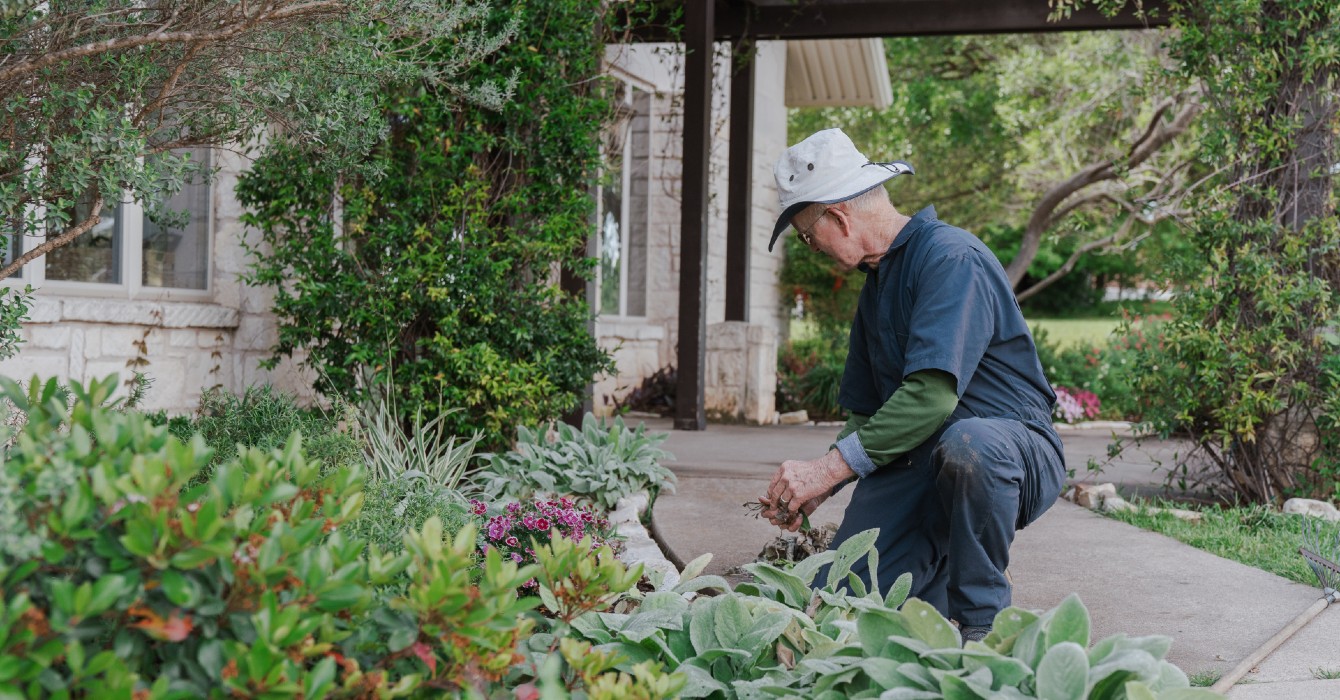The first thing I noticed was her nose stud. She was a graduate student in anthropology, recently returned from fieldwork in Uganda. She wore overalls and had a pound dog on a leash. Her husband sported a ponytail and had studied Hindu liturgy and Indian percussion in India.
It was easy to see the skills, knowledge and sheer presence that they could give to our newly forming congregation. It wasn’t until later that I realized they were both in a time of deep vocational discernment, seeking clarity for their future.
Getting to know these graduate students made me realize that newcomers come to the community with needs as well as gifts. And both their needs and their gifts can contribute to the life of the community.
Newcomers arrive in waves. Advent and Holy Week bring those with a yen for something from the past or for something they have heard about. They look for something holy, something peaceful, something of meaning for their psyches and their souls.
Another wave can be expected mid-August to mid-September, as people move to town for school or jobs. They are looking for a place to begin, a place to belong. Some come because they have heard of our congregation and our witness to justice. Some arrive because they see the building and it draws them. Others find us on the Web.
Every year I find myself energized by these waves of newcomers. Then I walk a line between welcoming them and being willing to let them go.
I send a welcome email after their first visit. And if they come again, I offer to meet with them. The first conversation usually reveals experiences, interests and skills. They are gardeners, cooks or crafters. Some have a gift for prayer or for teaching. Others simply bring the gift of calm presence. Thankfully, a few have administrative and organizational skills.
It is easy to respond to these gifts, easy to make connections with people of shared interests or with the gaps in our church’s mission and ministry.
These conversations often reveal needs as well. Some newcomers have been bruised or are weary and burned out, in need of a place to rest and recover. Others are in a time of transition and discernment. Some are caring for family members who are ill or dying.
I try to discern ways to respond to these needs -- with prayer, with shared experiences, with referrals and recommendations, with Christian formation programs or simple fellowship. There often are people in the congregation who have similar experiences, though of course I honor confidentiality and people’s need for privacy. So I simply say that there are people in our community who would understand.
And I assure them that their needs are welcome, that their needs are as much a gift to the community as their perceived gifts are. Which is true. Needs make us more fully human, more fully present to God and one another.
Truthfully, I do hope that new arrivals will come back again soon and stay for a while, that they will find a home in our church, as the graduate couple did.
But in a region with dozens of churches of various styles, theologies and denominations, it is a shopper’s market. Our liturgy and fellowship engage some and put others off. People often want a larger church or a more established congregation. They are looking for a place where they feel comforted more than challenged, or where there are programs or people that suit their needs. So some go elsewhere.
If a month goes by after our conversation and they haven’t returned, I send them a note asking if they are doing well, asking if there is anything I can do for them, asking if they have found a church home. Some reply; others don’t. Some show up at the Advocate again, grateful for the nudge. Others let me know where they have settled, and I wish them well.
For three years after our first meeting, the anthropology graduate student provided liturgical hangings for our worship space and vegetarian foods for our suppers. Her ponytailed husband accompanied our singing with a djembe drum (something I had never experienced in church before). They both wrote liturgies for holy days and special occasions.
Life in the congregation gave them space and a place for their vocational discernment. She went on to seek ordination. He became a website developer and stay-at-home dad. Both are flourishing.
I try, hard, not to have my ego and emotions get too invested in whether or not a newcomer stays. It isn’t easy. So I wrestle and I pray. Because that’s really the only way to deal with the uncertainty of it all.
I pray that God will bring to our community those who will flourish by being with us, those who will grow closer to God and to others because they are here. I pray that I will be able to accept that our particular setting, worship and community life may in fact not be best for them. I pray that I can truly wish them well. And I pray that God will help those who stay, as well as those who don’t, to walk the Way more faithfully, wherever God calls us to go.
That is, after all, what matters.








